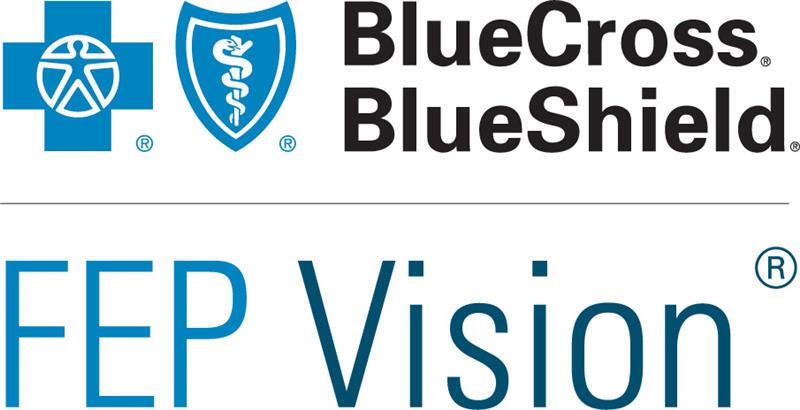Thousands of service members across all branches have been separated involuntarily from the military after misconduct that resulted in an administrative separation or court-martial. Many of them are denied benefits as a result of the alleged misconduct and their so-called "bad paper" discharge.
But a prior service member, regardless of the classification of service or the nature of their discharge, never should give up hope. The record can be corrected to allow them to obtain life-changing benefits. Some benefits require an honorable discharge (i.e., educational benefits), while others require only an under honorable conditions (general) discharge (i.e., VA service-connected compensation payments). A properly prepared application can have odds of success higher than 80% at certain boards.
Record Corrections
You have as many as three "bites" at the apple before having to decide whether to file suit to correct the record in federal court. National Guard members may need to first request relief through their state's National Guard to ensure that they have exhausted all administrative remedies. You are not required to get a decision, only to show proof that you requested the relief. Service members who have no duty or have exhausted their duty to file with the state should consider these three options:
Discharge Review Board (DRB)
The first bite at the apple is often the one with the highest chance of success. A separated service member may apply to the DRB for their specific branch within 15 years of separation. Applicants should file the appropriate document (DD Form 293) with a well-written legal brief and supporting evidence outlining their legal arguments and any procedural or regulatory errors that occurred during their separation proceedings.
The standard for this board is that a service member proves an inequity or impropriety. Service members will have an opportunity to have their case adjudicated on the written record first and then an opportunity to appear personally at a hearing in Crystal City, Virginia, if they make the request within the strict 15-year window.
Boards for Correction of Military Records (BCMR)
The next bite at the apple is usually the Board for Correction of Military Records for that specific military branch. If the service member is requesting a discharge upgrade within 15 years of the discharge, there must first be an attempt in most cases to exhaust administrative remedies by filing an application at the DRB before moving on to the BCMR. Record corrections not involving a discharge upgrade should be filed directly with the BCMR in most cases.
Service members generally have three years to submit the appropriate form (DD Form 149) and a well-written legal brief with supporting documentation to support the argument for a record correction and discharge upgrade, but the board usually will consider the application in the interests of justice if there is new and material evidence that has not yet been considered by the board.
The standard for this board is that the service member proves that an error or injustice occurred. A request for reconsideration of a prior BCMR decision now can be filed at the BCMR at any time if the service member can provide new and material evidence to support the request.
Discharge Upgrades at the Department of Veterans Affairs (VA)
A far-too-often overlooked step in the battle for benefits is the request to have the VA upgrade the classification to something other than dishonorable for VA purposes only. There are two main benefits veterans take advantage of. The VA requires an honorable discharge for education benefits (i.e., GI Bill), but only requires an under honorable conditions (general) discharge for medical benefits and monthly compensation. The VA considers anything below a general discharge to be dishonorable, which bars the former service member from obtaining benefits.
A service member may file an application with the VA requesting a review of their service to determine whether the VA will consider their service to be something other than dishonorable for VA purposes only. Often, service members have a period of honorable service that can qualify them for benefits, or the VA will upgrade their classification based on their service prior to the conduct that resulted in separation.
A service member needs only to obtain a victory at one of the three (four if you count the National Guard) bites at the apple outlined above to obtain service-connected compensation and possibly education benefits if the upgrade is made to honorable. The service member should consider filing at the DRB or BCMR and at the VA in parallel filings to benefit from whichever agency returns the quickest favorable decision. The key is to be persistent and aggressive with filings until you have accomplished your goals or exhausted all avenues.
-- Anthony Kuhn is a managing partner at Tully Rinckey PLLC.











